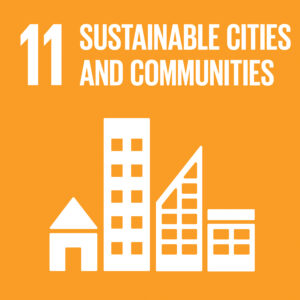Europe faces significant energy challenges, including rising demand, volatile prices, supply shortages, and environmental concerns. The European energy strategy aims to tackle these issues by prioritizing security of supply, competitiveness, and sustainability. With ambitious goals to reduce greenhouse gas emissions and improve energy efficiency, the EU is committed to a cleaner and more secure energy future.



Each Member State plans and decides its own education system. The EU supports national initiatives to tackle shared challenges like skills shortages, employability, technological progress, and global competition. To support these goals, the EU offers various funding opportunities to enhance international cooperation.
A key funding scheme is the Erasmus+ Program, which aligns with European policies such as Europe 2020, ET2020, and the EU Youth Strategy. Erasmus+ aims to combat youth unemployment by empowering young people, fostering innovation and cooperation among countries, and promoting active participation in a more inclusive and democratic society. By encouraging collaboration between organizations within EU Member States, Erasmus+ strengthens EU identity, cohesion, and values.



Macroregional strategies in Europe promote regional cooperation and address common challenges. The EU Strategy for the Adriatic and Ionian Region (EUSAIR), launched in 2014, focuses on blue growth, environmental quality, connectivity, and sustainable tourism, involving both EU and non-EU countries.
These strategies have an important rolo in support European enlargement by aligning candidate and potential candidate countries with EU policies, fostering regional stability, economic development, and best practice sharing, promoting a more cohesive Europe.



Effective waste management prioritizes prevention and reduction, following a hierarchy of reuse, recycling, recovery, and disposal. The EU's circular economy approach, emphasizing waste treatment and recycling, yields significant social, environmental, and economic benefits, including reduced environmental impact, resource security, job creation, and increased competitiveness. Full implementation of existing EU waste legislation could save billions and create hundreds of thousands of jobs annually.



The EU transport sector significantly impacts climate change, with emissions rising from 14% in 2014 to 27% in 2016. Despite the sector's importance for economic growth and quality of life, the EU aims to drastically reduce emissions by promoting cleaner, safer, and multimodal transport, alongside infrastructure development and technological innovation.


Smart grids combine digital technology with traditional electrical systems for real-time monitoring and better integration of renewable energy. Their role become central in the context of the upcoming Smart Cities utilizing these grids and ICT to optimize energy use, reduce emissions, and improve public services. The EU’s energy management policies focus on energy efficiency, renewable integration, and decarbonization, supporting its climate goals and enhancing citizens' quality of life through substantial investments and regulatory frameworks.

